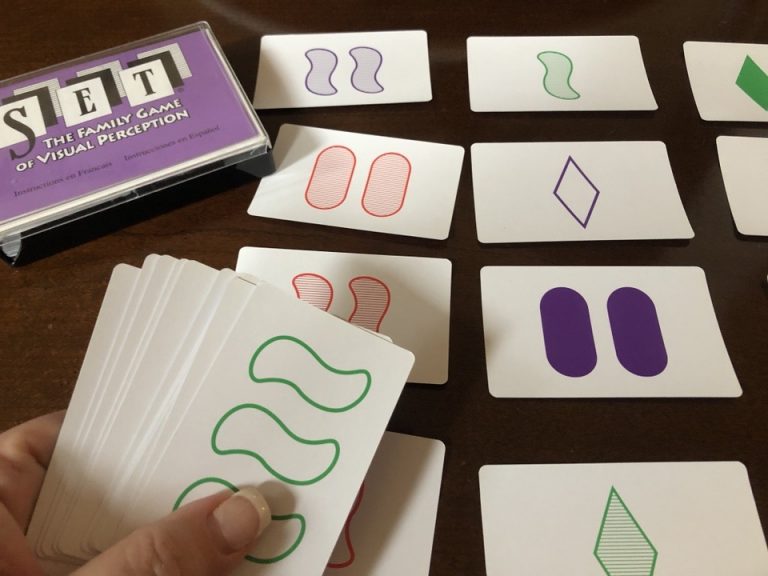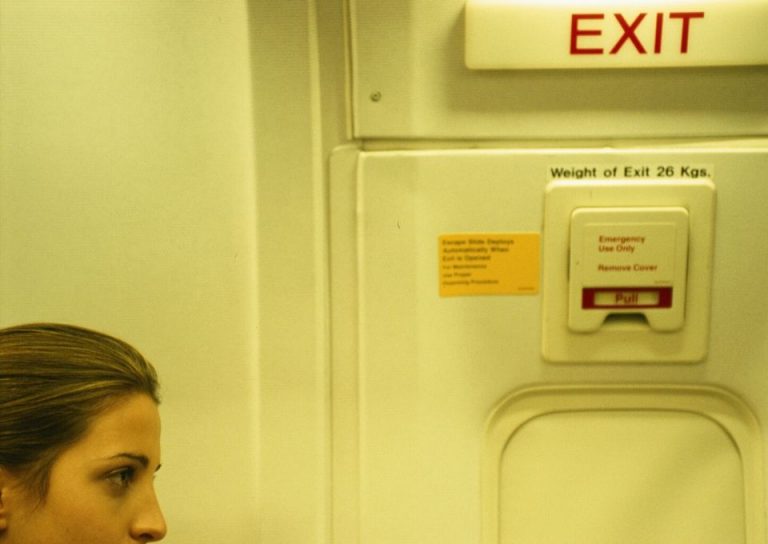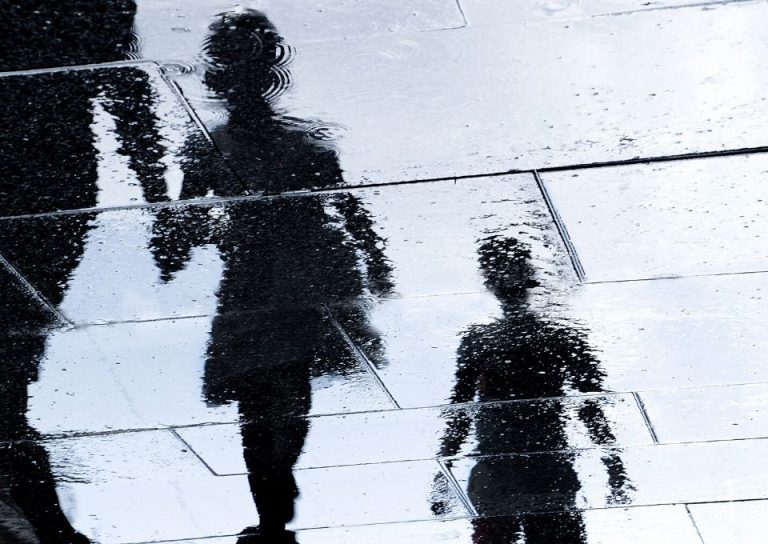Awareness: Teaching Kids Observation Skills
Previously I wrote Situational Awareness Skills: Tips to Help You Stay Frosty and Situational Awareness Skills: Don’t Become a Victim. For part 3 of this series, I’ve included ways to teach your kids observation skills.

Board Games
Does your family enjoys playing games together? If so, the following list of board games may help your kids develop their observation skills, while having fun.
SET: The Family Game of Visual Perception by SET Enterprises. This 5-star rated game on Amazon encourages kids (and adults) to practice critical thinking, visual perception, spacial relationships, logical reasoning and math skills. Players try to build sets of 3 cards that match 3 of 4 characteristics. You can also play it online, in your own time here
Clue by Hasbro Gaming. In this detective game, players try to solve a murder by figuring out the murderer, weapon and location. Playing the game helps develop critical and deductive reasoning.
Guess Who? by Hasbro Gaming. Observing details is the main gist of this game. Players have to carefully inspect the faces on the board and then guess the other person’s mystery character by asking questions.
Memory (whether an official game or just using playing cards) is played by laying cards facedown and trying to find matches by turning 2 over at a time.

Awareness Games
These games take place when were out-and-about, especially when traveling. My boys are 23- and 25-years-old, and we still partake in them from time-to-time.
- Soon after being seated on an airplane, I ask my boys to close their eyes. I then ask them to tell me where the nearest exit is, and how many other exits there are.
- Part way through dinner at a restaurant we’ve never visited, I ask them to look down at the table. Then I ask where the nearest exit is – besides the one we came in through. I also ask them to describe some of the people sitting around us.
- If we’re at home, I’ve often asked them to think back to places we regularly visit, like the grocery, coffee shop or box store. I have them describe where the exits are located.

What If? Games
When playing “What If?” games, it’s important to take into consideration a child’s age and experiences. Here are a few general questions to ask:
- What if you can’t find Mommy at a store?
- What if you’re staying at Grandma’s house and she gets sick?
- What if you’re not with your class at school and the lock-down alarm goes off?
- What if someone came through that door with a gun?
- What if we had to evacuate this plane?
- What if we were walking through the store as a family and some people confronted Dad?

As a parent, you know how much your kids can handle with any of the above suggestions. Always pay attention to their reactions and stop if they become upset. However, remember you won’t always be with them 24/7, so it’s important to help them develop their situational awareness and observation skills.
This article first appeared in Women’s Outdoor News.


